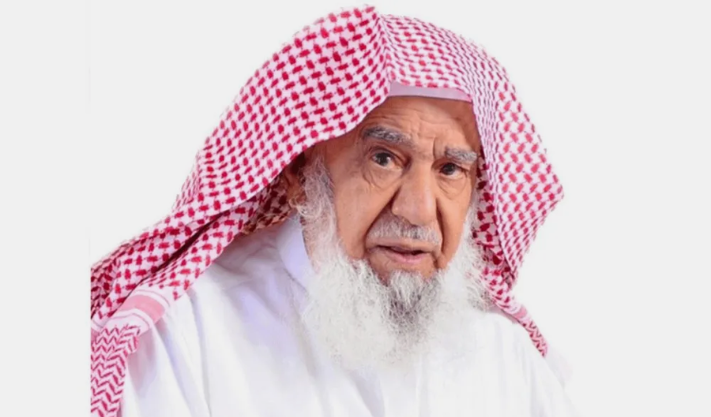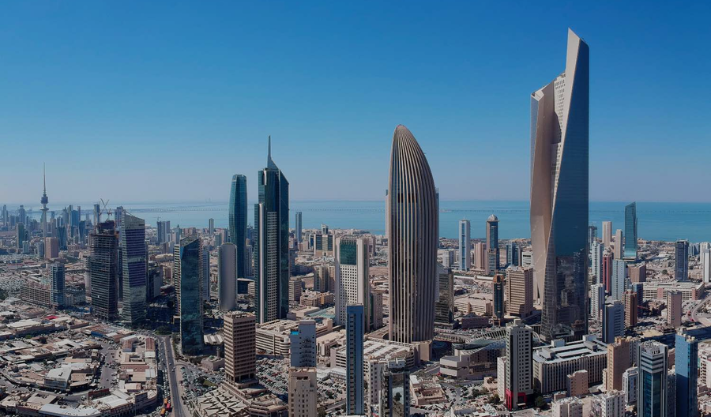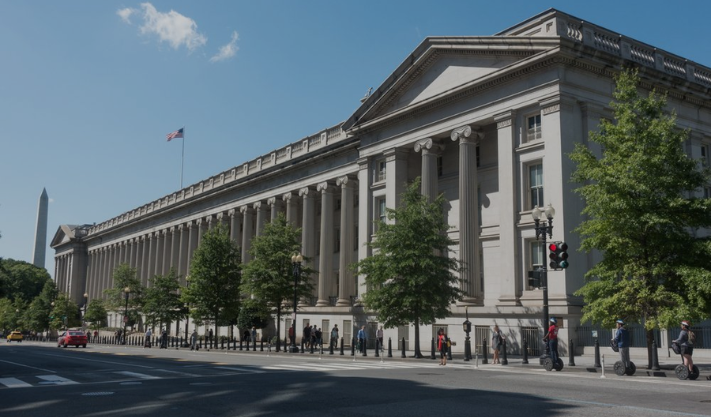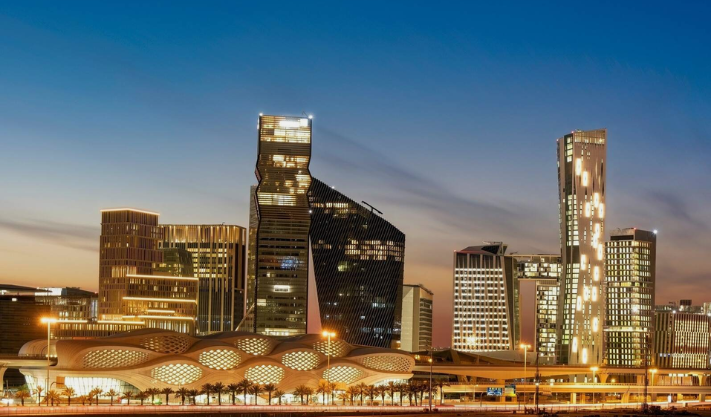Sulaiman Al-Rajhi: The Billionaire Who Gave It All Away
Few names in the Arab world command as much respect and admiration as Sulaiman bin Abdulaziz Al-Rajhi. A pioneer of Islamic banking, a self-made billionaire, and one of the world’s most generous philanthropists, Al-Rajhi’s life story is a powerful example of how faith, hard work, and humility can transform not just an individual’s destiny but also the lives of millions.
From humble beginnings in the deserts of Saudi Arabia to becoming one of the wealthiest men in the Middle East, Sulaiman Al-Rajhi’s journey is not merely one of financial success — it is a story of vision, persistence, and an unwavering belief in giving back.
Early Life and Humble Beginnings
Sulaiman Al-Rajhi was born in 1920 in the small town of Al Bukayriyah, located in the Qassim region of Saudi Arabia. His family was poor, and his early years were marked by hardship. When he was just a boy, his family migrated to Riyadh in search of a better life. At that time, the Kingdom was still in its infancy, and opportunities were limited.
Al-Rajhi did not attend formal school for long. Instead, he began working at an early age to support his family. His first jobs included carrying bags for travelers, selling kerosene, and working as a porter. Despite the simplicity of his work, he developed an extraordinary sense of discipline, perseverance, and business acumen.
The Road to Business Success
Sulaiman’s business journey began modestly. As a teenager, he started trading in foreign currencies and small goods, often traveling between Saudi Arabia and neighboring countries. In the 1950s, he joined hands with his brothers — Salem, Mohammed, and Abdullah — to establish a small business that would later become the foundation of one of the largest Islamic banking empires in the world: Al Rajhi Bank.
Initially, the Al-Rajhi brothers operated as currency exchangers. They earned trust for their honesty and reliability at a time when financial systems in the Kingdom were still developing. With the discovery of oil in Saudi Arabia and the subsequent economic boom, the need for financial institutions grew rapidly.
Sulaiman saw an opportunity to create a bank that would not only serve the financial needs of the growing Saudi population but also adhere strictly to Islamic Sharia law — avoiding interest (riba) and promoting ethical investment.
The Birth of Al Rajhi Bank
In 1957, the Al-Rajhi brothers formally founded what would later become Al Rajhi Bank. Over the next two decades, the brothers expanded their business operations and built a reputation for financial integrity and innovative Islamic banking solutions.
By 1987, Al Rajhi Bank was officially licensed as a joint-stock company under the name Al Rajhi Banking and Investment Corporation. Under Sulaiman’s leadership, the bank grew rapidly, offering a wide range of products compliant with Islamic finance principles.
Today, Al Rajhi Bank is one of the largest Islamic banks in the world, with assets exceeding $180 billion, and operations in Saudi Arabia, Jordan, Kuwait, and Malaysia. It serves millions of customers and is recognized as a pillar of the Saudi economy.
Diversifying Beyond Banking
Sulaiman Al-Rajhi was not content with success in banking alone. He diversified his business interests into agriculture, real estate, education, and manufacturing. One of his most notable ventures is the Sulaiman Al-Rajhi Agricultural Project in Al Bukayriyah, often referred to as one of the most advanced and sustainable agricultural enterprises in the region.
This project, which spans thousands of hectares, produces dates, wheat, and other crops using cutting-edge irrigation and environmental techniques. What makes it remarkable is that it operates entirely on renewable energy and adheres to the highest environmental standards — reflecting Al-Rajhi’s vision of sustainable development.
In addition to agriculture, he invested in educational institutions, most notably the Sulaiman Al-Rajhi University, which focuses on medicine, business, and Islamic finance.
Philanthropy and Legacy of Giving
What truly distinguishes Sulaiman Al-Rajhi from other billionaires is not how much he accumulated, but how much he gave away. In 2011, he made global headlines when he announced that he had donated the majority of his $7.7 billion fortune to charity, making him one of the most generous philanthropists in modern history.
Through the Sulaiman Al-Rajhi Endowments, he established a comprehensive charitable network focused on education, healthcare, housing, and community development. His philanthropic philosophy is deeply rooted in Islamic values — particularly the concept of waqf, or charitable endowment, which ensures that wealth continues to benefit people even after one’s death.
His charitable work includes:
- Sulaiman Al-Rajhi University, which provides quality education and scholarships to students.
- Medical facilities offering free or affordable healthcare to underprivileged families.
- Housing projects for low-income families in rural Saudi Arabia.
- Support for scientific research, particularly in renewable energy and sustainable agriculture.
In recognition of his contributions, he has received numerous national and international awards for humanitarian service and corporate excellence.
Faith, Simplicity, and Personal Philosophy
Despite his immense wealth, Sulaiman Al-Rajhi is known for his humility and modest lifestyle. Those who know him personally describe him as deeply spiritual, disciplined, and generous.
He often recounts that when he was a young man, he could not afford even basic food, and this memory kept him grounded throughout his life. He lived simply, avoided extravagance, and believed that wealth is a trust from God — meant to be used for the betterment of others, not for personal indulgence.
Al-Rajhi once said:
“I was born poor, I lived poor, and I will die poor. I just happened to be a trustee of some money for a period of time.”
This philosophy guided his decisions, both in business and in philanthropy. He maintained that ethical business practices, transparency, and fairness are non-negotiable principles.
Impact on Islamic Banking and Global Finance
Sulaiman Al-Rajhi’s contributions to Islamic finance cannot be overstated. Through Al Rajhi Bank, he helped establish Islamic banking as a credible, competitive alternative to conventional finance.
Today, the principles he championed — such as profit-sharing, risk distribution, and ethical investment — have gained global recognition, with Islamic banks operating in over 80 countries. His vision not only reshaped Saudi Arabia’s banking system but also influenced financial institutions in Malaysia, Indonesia, and the United Arab Emirates.
Later Years and Continuing Influence
Now in his later years, Sulaiman Al-Rajhi continues to inspire entrepreneurs, investors, and philanthropists around the world. His story is taught in business schools as a case study on ethical entrepreneurship and social responsibility.
Even after transferring much of his wealth to charitable trusts and his family, his business legacy remains strong. Al Rajhi Bank continues to grow, and his endowments continue to fund education and social development projects across Saudi Arabia.
Conclusion: A Legacy Beyond Wealth
Sulaiman Al-Rajhi’s life is a testament to the transformative power of hard work, faith, and generosity. From a barefoot boy in Riyadh to one of the world’s leading businessmen, his story transcends material success — it embodies the spirit of service, humility, and gratitude.
In an age where wealth is often equated with status and luxury, Al-Rajhi reminds the world that the greatest investment one can make is in people. His journey continues to inspire generations across the Middle East and beyond — a reminder that success is not measured by what we accumulate, but by what we give back.
Published: 17th November 2025
For more article like this please follow our social media Twitter, Linkedin & Instagram
Also Read:
Rayan Fayez steering Saudi Arabia’s path to economic renewal
Leader driving Saudi Arabia’s tourism and development boom
Dr. Abdullah Elyas: A Key Force Driving Careem’s Growth





